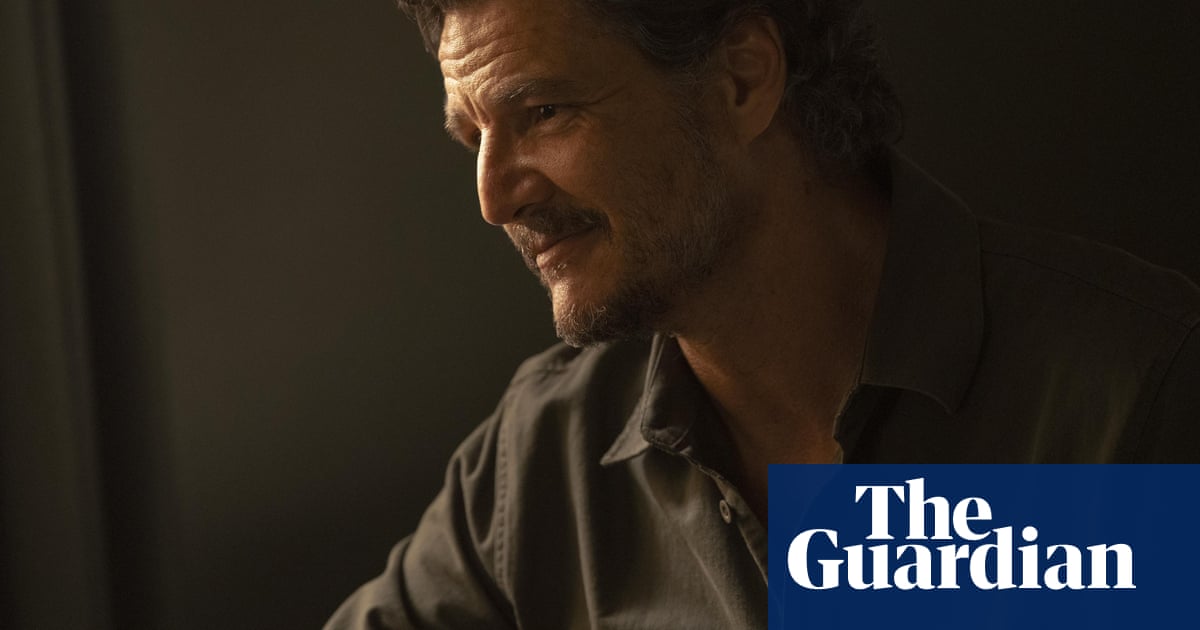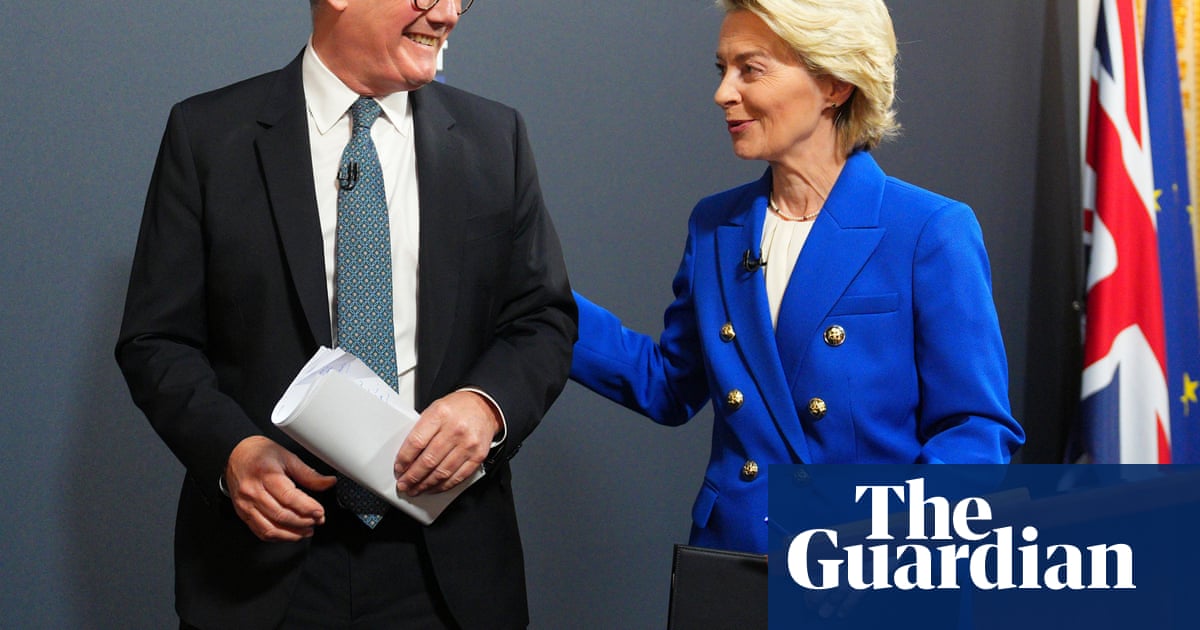Actors seeking their next role are now routinely asked to “self-tape” their auditions, a practice that amounts to unpaid labour and reinforces elitism in the creative industries, the union Equity has warned.
Before the Covid lockdowns, self-tapes were a fallback for anyone unable to make an in-person casting – for example if they were working abroad. But during the pandemic they became the norm and have remained so ever since.
Actors are spending hours, even days, creating them, often paying for equipment or studios to film in – and generally never hearing back.
A spokesperson for Equity, which described self-tapes as “unpaid labour”, said: “This is reinforcing the class issue and elitism within the industry.”
Equity says that its guidelines on self-tapes are “not being heeded by the industry and it is having a huge impact on performers’ lives”. The guidelines state that actors should not be expected to learn more than six pages for a first self-tape and should not be asked to “rearrange their home as though it were a set”.
Hywel Morgan, an actor and Equity councillor, who has appeared in Gentleman Jack and Slow Horses, said he knows of performers who have had to memorise as many as 12 pages of dialogue for self-tapes.
One actor was asked for a self-tape even though the part involved just 16 words, and another was asked to tape themselves nodding because that was all that was required for the role.
Morgan added: “This is just the tip of the iceberg when it comes to bad practice in the industry. Now, the first round [of auditions] is all being done as self-tapes, and casting directors are requesting upwards of 200 self-tapes for a single part.”argued that it is unreasonable to send actors “six huge scenes with loads of dialogue” and expect them to learn them for an initial audition.
One actor, who asked to remain anonymous, said she had made 50 self-tapes in the past year alone. Not one led to any work, despite her track record of roles in major productions.
“It’s soul-destroying,” she said. “The industry is a beast, but this is actually adding insult to injury.”
Another actor spoke of devoting between six and eight hours to each self-tape, adding: “Over the past 12 months, I’ve done 280 hours of unpaid work. It’s totally unfair, but it has become standard for casting directors to submit a wide ange of self-tapes for producers.”
Some actors who lack technical skills on lighting and editing, or live with noisy children or flatmates, are paying up to £150 for professional help with self-tapes. Morgan is among actors who have spent thousands on eqipment and has turned his small garage into a makeshift studio. He self-taped for Slow Horses and Gentleman Jack.
The volume of self-tapes is also a concern for actors, who do not believe all the tapes are being watched. There is often no way to tell if a tape has been watched, and follow-up calls are generally fruitless. One actor said: “Why are they making us do all this work when we know they’re possibly not going to watch more than two minutes? I’ve seen casting directors on social media say: ‘I’ve had such a tough day. I looked at 150 self-tapes for a role.’”
Since last year, Equity has been negotiating TV and film contracts with Pact, the trade association representing independent UK producers.
Cathy Sweet, Equity’s head of film and TV, said it raised the self-taping problem with Pact in May 2024, adding: “We hoped Pact would have been quicker to resolve this and are putting pressure on it to come back to us.”
Max Rumney, Pact’s deputy chief executive, said producers are sympathetic to actors’ concerns and that a “scattergun approach” to casting does not benefit anyone.
The Casting Directors’ Guild said: “Our self-tape guidelines align with Equity, who we are in regular contact with. The CDGWe have been working very hard to make sure that actors are not sent lengthy audition scenes, with as much time to prepare as possible and given feedback on progress. We respect the process of the actor hugely and continue to encourage our members to closely follow the guidelines.”

.png) 1 month ago
36
1 month ago
36

















































